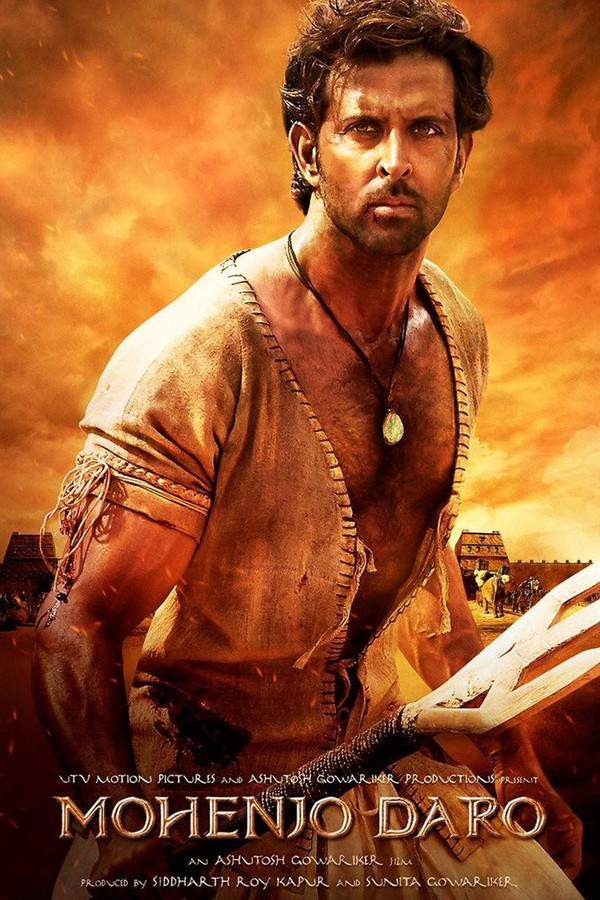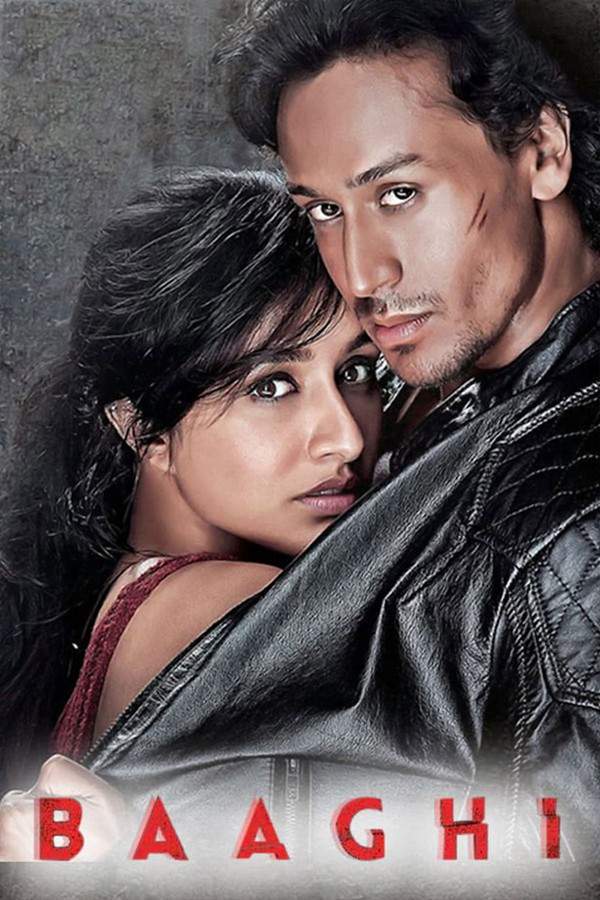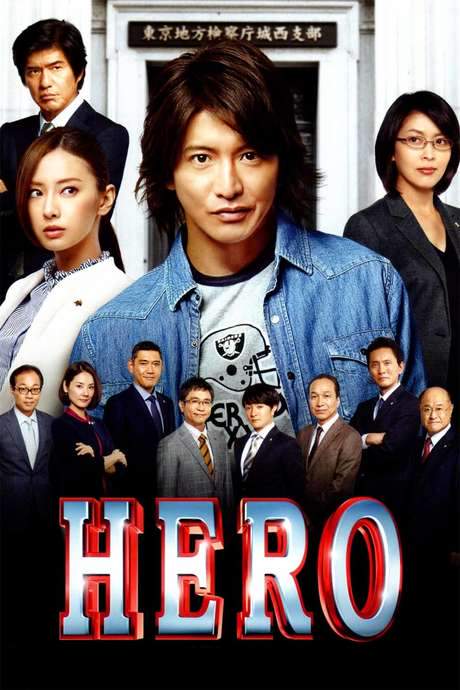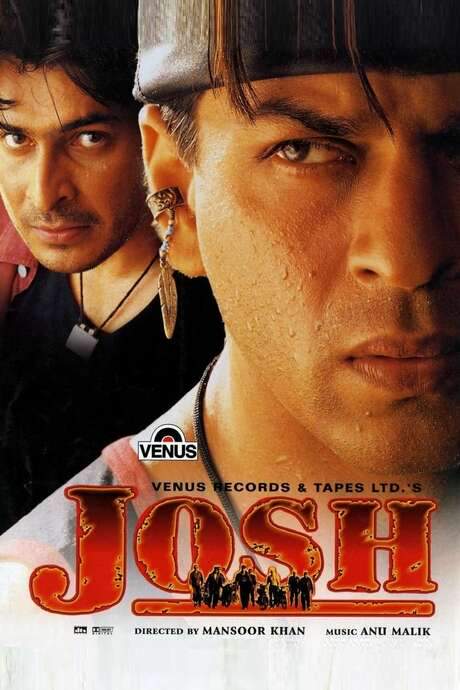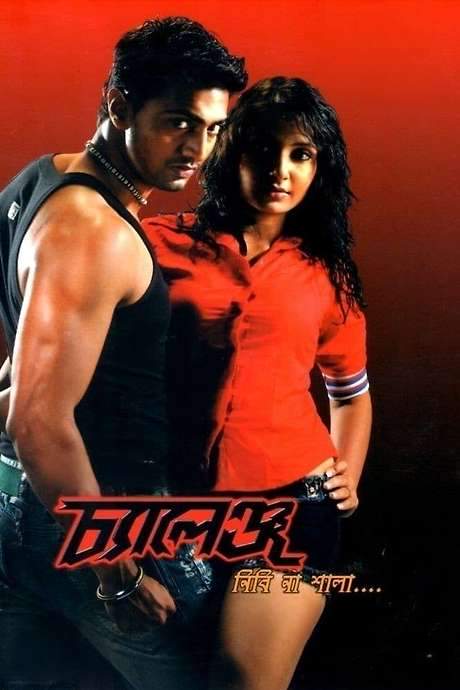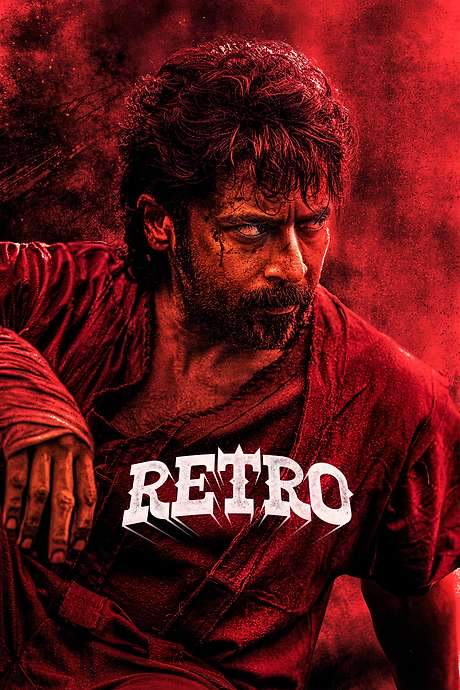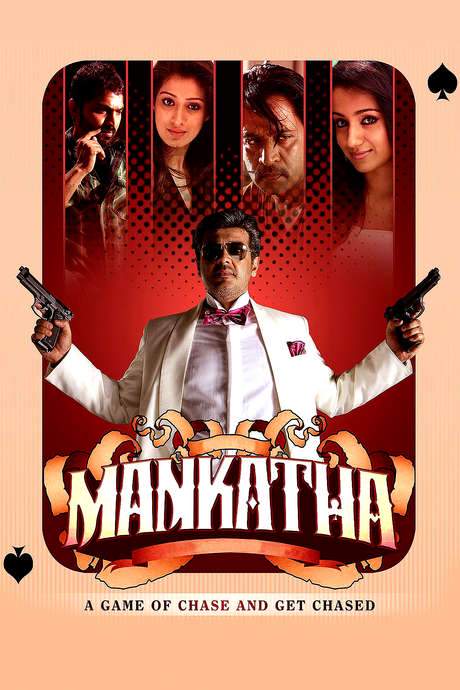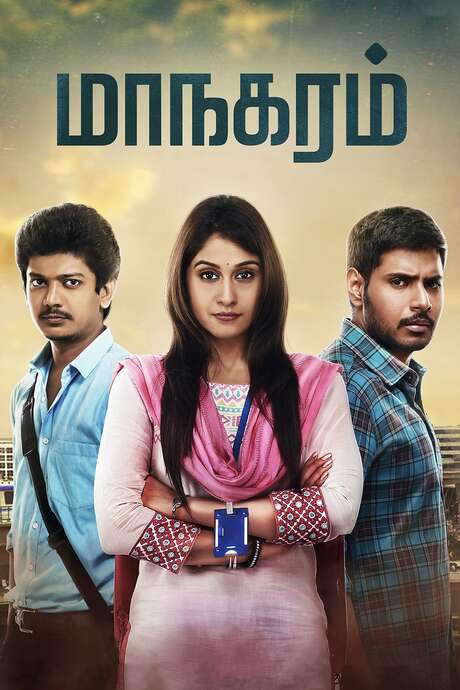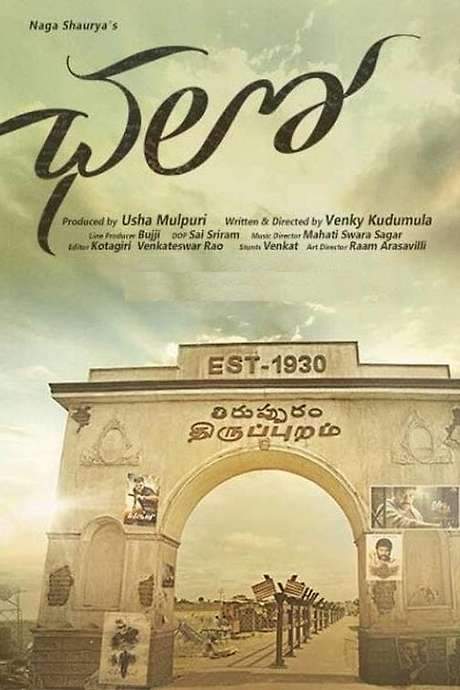
Chalo
Hari is a young man with a penchant for fighting, much to the frustration of his father. His life takes an unexpected turn when he finds himself in a difficult situation, one that even challenges his usual aggressive nature. He must confront unforeseen circumstances and navigate a complex predicament that tests his limits.
Warning: spoilers below!
Haven’t seen Chalo yet? This summary contains major spoilers. Bookmark the page, watch the movie, and come back for the full breakdown. If you're ready, scroll on and relive the story!
Chalo (2018) – Full Plot Summary & Ending Explained
Read the complete plot breakdown of Chalo (2018), including all key story events, major twists, and the ending explained in detail. Discover what really happened—and what it all means.
The story opens with Hari stepping into a jail cell, where an inmate recounts his own history and reveals that he is Hari’s father. This father figure describes a childhood ruled by violence: whenever the young boy cried, the father let him vent his anger on someone else, a habit that superficially made the kid feel powerful. As Hari grows, fighting becomes more than a impulse—it becomes a way of life. The authorities warn that if he fights and harms someone, he will face punishment, but the protests of his father and the village’s tensions pull Hari toward constant conflict.
At the insistence of a friend of Hari’s father, Hari is sent to Tiruppuram, a village perched on the border between Andhra Pradesh and Tamil Nadu, where daily clashes between Telugu and Tamil factions have long shaped life there. The authorities lie to him, telling him it’s a routine transfer, and Hari arrives with a fire in his eyes. Once there, he is quickly drawn into the Tamil faction, but manages a narrow, unscathed escape to the Telugu side. He befriends an auto driver named Bose, who explains the delicate balance of loyalties, fears, and rivalries that govern the town.
Hari enrolls in a college that is supposed to be a neutral ground, run by the stern administrator Paramatma, who tries to keep the campus free of the feud. Behind the college, in a shed near the cafeteria where street battles between the Telugu and Tamil groups are staged, Hari first encounters the dramatic power of local rivalry. It’s here that he spots Karthika, a Tamil girl who captivates him, setting off a spark that will test his loyalties. He also befriends Sathya, another Tamil student, and begins a flirtation that she initially rebuffs. Hari’s persistence gradually earns her interest, but their budding romance is entangled with the village’s factions.
As Sathya’s father’s approval becomes a gatekeeper for their relationship, Hari learns that the gatekeeper is Keshava, the high-powered leader of the Telugu faction and a sworn rival of Veeramuthu—the Tamil faction’s robust and respected head. A mix-up of names further complicates matters, steering Hari toward seeking the approval of Keshava instead of Veeramuthu, and the village’s uneasy truce begins to tilt toward renewed conflict. The local zamindar, who acts as a mediator, watches these games with growing concern.
In a maneuver meant to win favor with Veeramuthu, Hari engineers a humiliating public display of Keshava, arranging posters that feature Hari and Karthika together in a way that challenges the Tamil leader’s standing. Paramatma learns about the illicit fights happening behind the college and contemplates resigning, but the reform-minded students ask for forgiveness and a chance to prove themselves.
Hari’s parents arrive to help navigate the escalating crisis, and Paramatma and the reforming students join in the effort to map out the feud’s past. To uncover the truth about Tiruppuram’s bitter history, Hari, Sathya, and Paramatma stage a bold kidnapping of the village elders to uncover how the conflict began. They discover that the village was once a cohesive community led by Veeramuthu Sr. and Rao Bahadur Keshava, who were friends, and that in 1953, central officials attempted to redraw the borders to create Andhra Pradesh. The two leaders refused; a night of violence followed, their injuries becoming the spark that would ignite the border’s creation the next day, tearing the village apart.
The investigation then reveals a deeper, more painful truth: Veeramuthu Sr. and Rao Bahadur had both had an affair with Diana, a British woman, and she died after being pushed during a confrontation between the two men. Their deaths ignited a bitter feud that the zamindar—Diana’s son—hid for years. Hari’s discovery threatens to unravel the leaders’ legacies and the fragile peace of the village.
Confronted with these revelations, Veeramuthu and Keshava arrive at the scene, confronted by Hari’s demand that they settle their old feud once and for all. Hari insists that if the leaders refuse to end their enmity, he will reveal the truth about their fathers and the cost to the community. Faced with a choice between continuing a dying feud and embracing a dangerous past, Veeramuthu and Keshava decide to set aside their rivalry and forge a new friendship. The film closes with Hari securing Karthika’s hand in marriage, signaling a hopeful end to years of division and a new balance in Tiruppuram’s divided world.
Last Updated: November 22, 2025 at 15:59
Explore Movie Threads
Discover curated groups of movies connected by mood, themes, and story style. Browse collections built around emotion, atmosphere, and narrative focus to easily find films that match what you feel like watching right now.
Movies with Forbidden Romance and Tribal Conflict like Chalo
Fiery love stories that challenge ancient conflicts and unite divided communities.If you enjoyed the high-stakes romance and factional tension in Chalo, this section features movies with similar themes. Discover other stories where forbidden love blooms amidst community feuds, leading to confrontations, personal growth, and hopeful resolutions for the entire group.
Narrative Summary
The narrative typically follows a headstrong protagonist whose love for someone from a rival group throws them into the center of a violent conflict. Their personal journey becomes intertwined with the fate of their communities, often involving the discovery of hidden truths that reframe the feud, culminating in a climactic effort to forge peace.
Why These Movies?
Movies are grouped here for their shared focus on the volatile mix of intense romantic passion and deeply ingrained societal conflict. They combine fast-paced action, tense confrontations, and a hopeful, redemptive arc centered on love's power to overcome division.
Movies Where a Hot-Headed Hero Finds Peace like in Chalo
Stories where a fighter's raw energy is channeled into a greater cause.Fans of Chalo's protagonist Hari will enjoy these stories about characters who start as brawlers and evolve into peacemakers. Find movies with similar energetic pacing and complex challenges where a fighter's journey leads to community healing and personal redemption.
Narrative Summary
The narrative arc follows a character whose primary skill is violence. A major external conflict or a personal connection forces them to reassess their purpose. They must learn to control or strategically apply their aggression to navigate a complex situation, ultimately using their strength to protect, unite, or heal rather than to destroy.
Why These Movies?
These movies share a compelling character-driven pattern: the transformation of a volatile individual into a force for good. They blend high-intensity action with a strong redemptive theme, offering a satisfying mix of thrilling confrontations and meaningful character development.
Unlock the Full Story of Chalo
Don't stop at just watching — explore Chalo in full detail. From the complete plot summary and scene-by-scene timeline to character breakdowns, thematic analysis, and a deep dive into the ending — every page helps you truly understand what Chalo is all about. Plus, discover what's next after the movie.
Chalo Timeline
Track the full timeline of Chalo with every major event arranged chronologically. Perfect for decoding non-linear storytelling, flashbacks, or parallel narratives with a clear scene-by-scene breakdown.

Characters, Settings & Themes in Chalo
Discover the characters, locations, and core themes that shape Chalo. Get insights into symbolic elements, setting significance, and deeper narrative meaning — ideal for thematic analysis and movie breakdowns.

Chalo Spoiler-Free Summary
Get a quick, spoiler-free overview of Chalo that covers the main plot points and key details without revealing any major twists or spoilers. Perfect for those who want to know what to expect before diving in.

More About Chalo
Visit What's After the Movie to explore more about Chalo: box office results, cast and crew info, production details, post-credit scenes, and external links — all in one place for movie fans and researchers.


